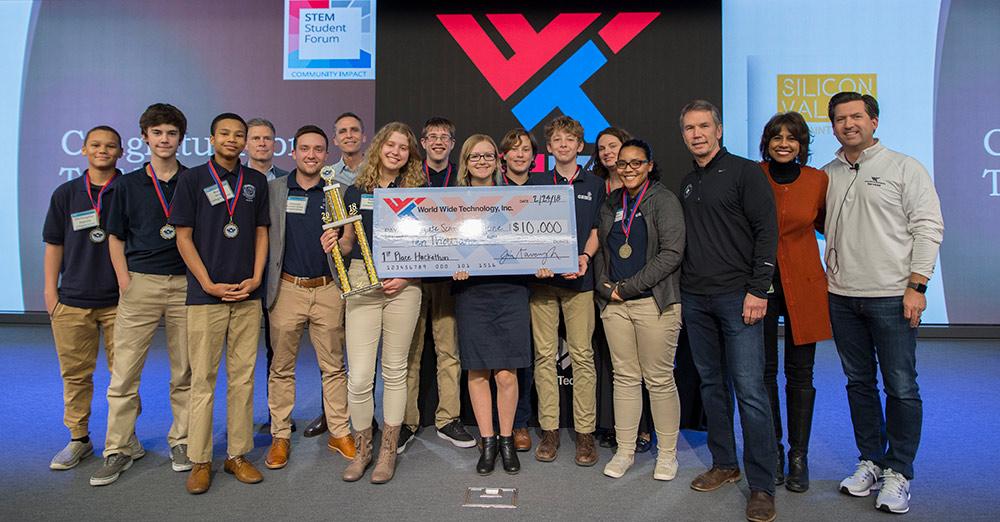How Supporting Diverse Suppliers Supports Local Economies and More
by Darlene Owens, Global Supplier Diversity Program Manager

Originally published on Direct2Dell
For entrepreneurs, having a great product or service is only the first step toward success. The next steps include finding capital, connections, contracts and customers. For many woman-owned and minority-owned firms, gaining access to these vital resources can be a challenge.
According to the Minority Business Development Agency, minority-owned firms are nearly three times more likely to be denied a loan than non-minority firms. And minority firms secure a lower number and dollar amount of contracts in proportion to the number of available minority firms in the relevant market. The reasons range from discrimination to the perception that minority-owned businesses lack the capacity to handle large contracts.
Yet a Hackett Group study of corporate supplier diversity programs shows that 99 percent of diverse suppliers meet or exceed expectations, and they bring benefits including increased market share and access to new revenue opportunities.
We’ve seen all of these forces come together over our three decades of partnership with World Wide Technology (WWT), an African-American-owned company based in St. Louis. When WWT first started reselling Dell computers in 1990, they had just seven employees. WWT has greatly expanded its scope of services over the years, and is now a global technology solution provider with $10.4 billion in annual revenue and more than 4,600 employees. They’ve become one of our biggest strategic partners in both supply chain management and channel sales.
Since 2001, Dell has leveraged WWT for the just-in-time supply of bulk expense items (label stock, documentation, software, packaging and badges) for manufacturing facilities around the globe. Their consistent product delivery, along with predictable models for forecasting and demand planning, have saved us a lot of money. They’ve helped us compete for and win business, and we’ve helped them enter new markets, too. We engaged WWT to supply packaging materials in Brazil in 2009, and they opened their first international office. Today, 20 percent of WWT’s revenue comes from outside the U.S.
WWT’s success has had a ripple effect throughout the company’s supply chain and local community. The company has its own supplier diversity program and holds networking events. They’re also passionate about providing internship and educational opportunities to underserved communities. Their partnership with National Academy Foundation helps high school students gain technology and engineering skills. And its partnership with NPower, which provides a 22-week technology training course for young adults, has helped NPower open a St. Louis office and resulted in many training graduates landing jobs at WWT.
“One of our core values is humility – to not forget where we came from. Giving back is part of our DNA and filters into everything we do,” said Mark Franke, WWT’s vice president of global supply chain. “Dell gave us the opportunity to earn their business. And this has enabled us to grow and give other suppliers the same opportunity.”
Dell is committed to continually cultivating diversity in our supply chain and to supporting diverse suppliers. To learn more about our supplier diversity programs, and to learn how your company can apply, visit dell.com/supplierdiversity. You can also follow us on Twitter at @DellSuppliers.
This story shares one example of how Dell is committed to driving human progress by putting our technology and expertise to work where it can do the most good for people and the planet.
We invite you to explore our Annual update on our 2020 Legacy of Good Plan at legacyofgood.dell.com.

